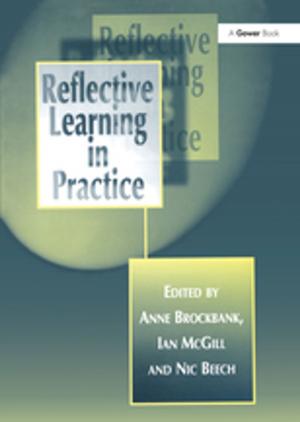Copyright Law
Volume II: Application to Creative Industries in the 20th Century
Nonfiction, Reference & Language, Law, Patent, Trademark, & Copyright| Author: | ISBN: | 9781351570961 | |
| Publisher: | Taylor and Francis | Publication: | July 5, 2017 |
| Imprint: | Routledge | Language: | English |
| Author: | |
| ISBN: | 9781351570961 |
| Publisher: | Taylor and Francis |
| Publication: | July 5, 2017 |
| Imprint: | Routledge |
| Language: | English |
This volume reproduces writings, social teachings, testimonies and reports of figures as diverse as Karl Marx, Victor Hugo, Charles Dickens and Mark Twain, and bodies such as the US Congress. Extracted material charts the development of an international system of copyright regulation, and the growth, in the 20th century, of copyright industries benefitting from new copyright laws. In the second half of the 19th century, many writers and thinkers, like Marx, attacked capital, and its corollary, property rights. Some writers, such as Victor Hugo, while exposing the horrors of poverty and social alienation, demanded for authors rights of property. The modern system of copyright substantially originates from the efforts of Hugo and others. Articles by leading US copyright scholars such as Jessica Litman and Tim Wu explain the development of copyright law in the 20th century, and are complemented by reproduction of key copyright cases in the US and UK, as well the primary copyright legislation in those countries. Contributors examine critically whether copyright law in the 20th century developed to encourage information dissemination or enable producers to control the supply of information for super profit.
This volume reproduces writings, social teachings, testimonies and reports of figures as diverse as Karl Marx, Victor Hugo, Charles Dickens and Mark Twain, and bodies such as the US Congress. Extracted material charts the development of an international system of copyright regulation, and the growth, in the 20th century, of copyright industries benefitting from new copyright laws. In the second half of the 19th century, many writers and thinkers, like Marx, attacked capital, and its corollary, property rights. Some writers, such as Victor Hugo, while exposing the horrors of poverty and social alienation, demanded for authors rights of property. The modern system of copyright substantially originates from the efforts of Hugo and others. Articles by leading US copyright scholars such as Jessica Litman and Tim Wu explain the development of copyright law in the 20th century, and are complemented by reproduction of key copyright cases in the US and UK, as well the primary copyright legislation in those countries. Contributors examine critically whether copyright law in the 20th century developed to encourage information dissemination or enable producers to control the supply of information for super profit.















